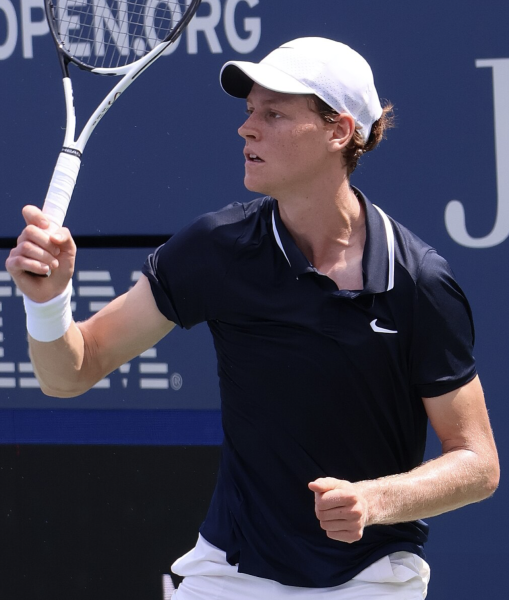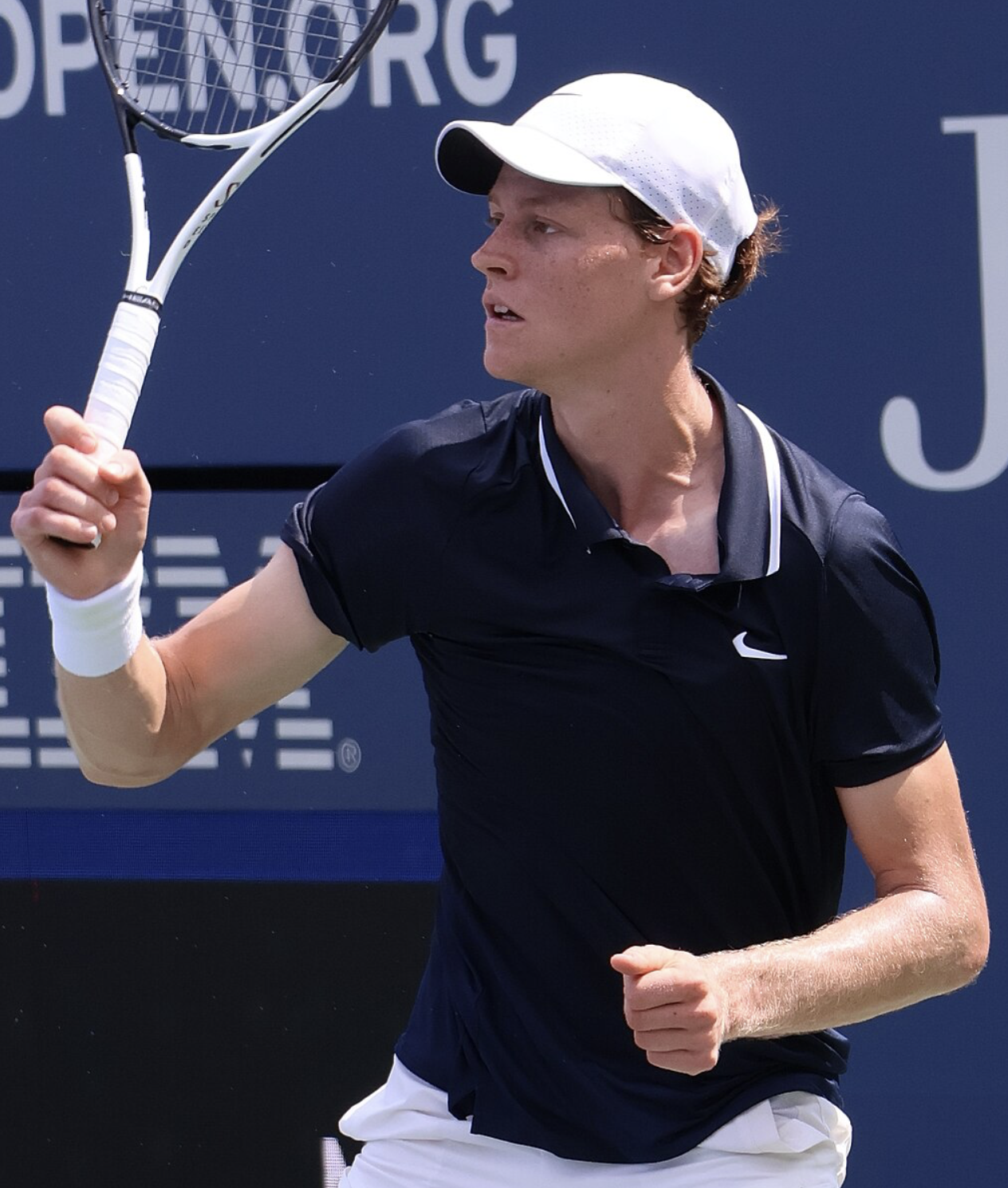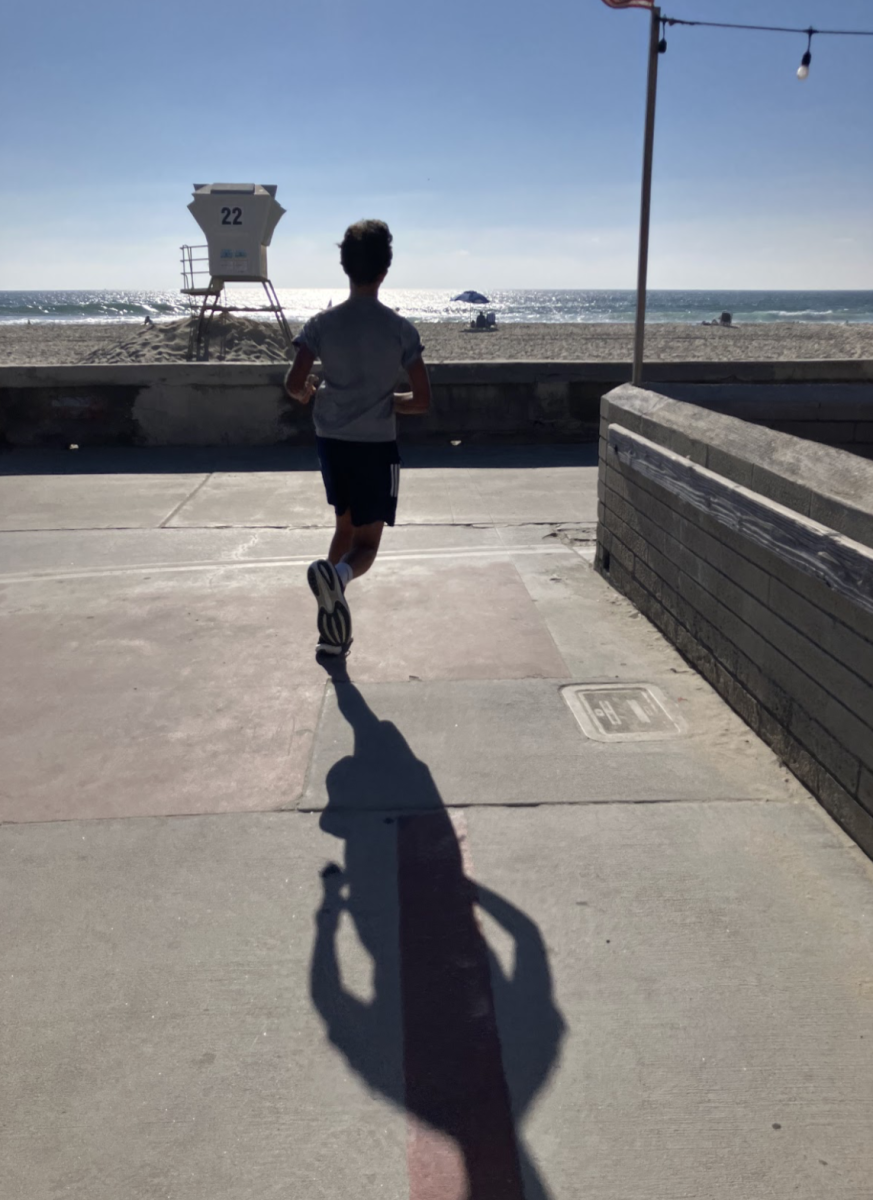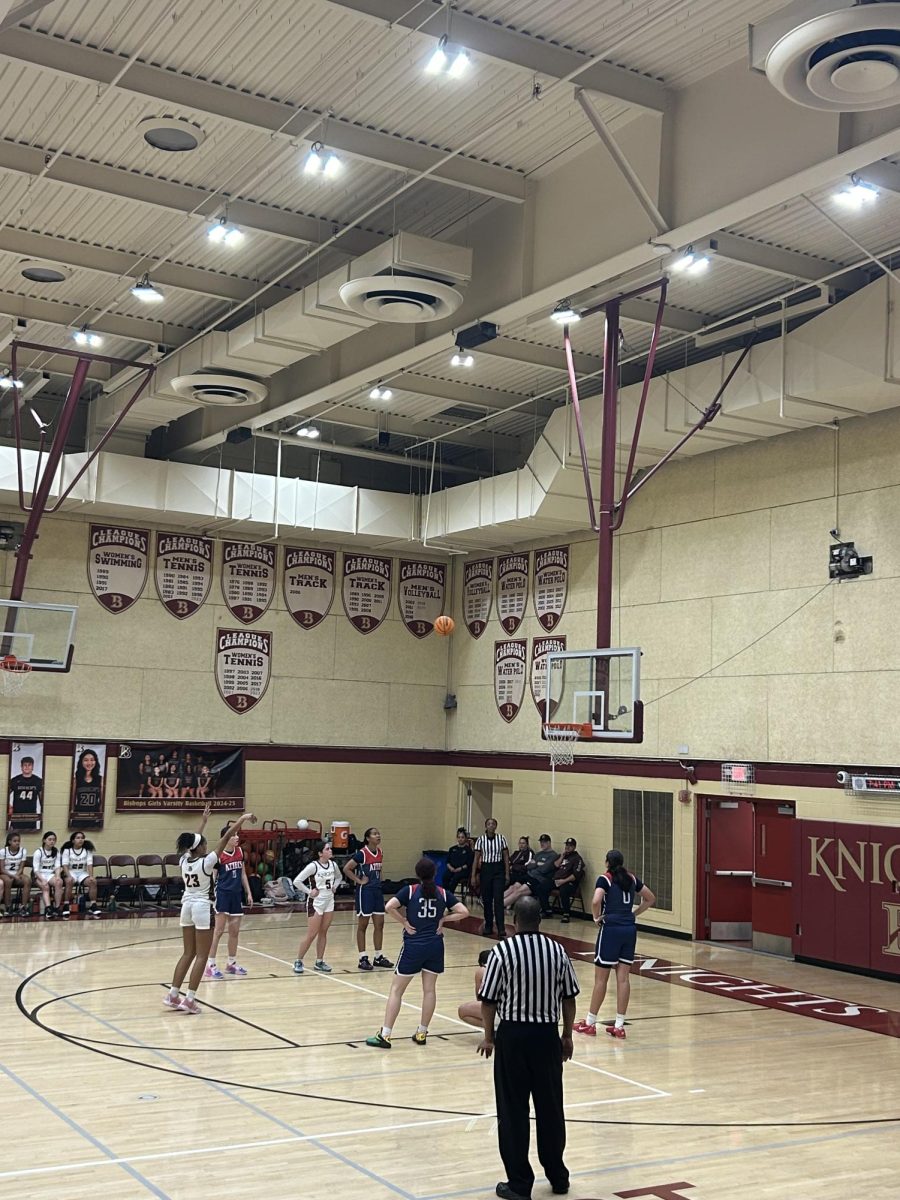On Sunday, September 8th, Arthur Ashe Stadium welcomed a young new king at the U.S. Open.
Jannik Sinner, a 23-year-old Italian star, two-time Grand Slam champion and current world number one, defeated seven players, including four seeds, to clinch another major title. With his U.S. Open title, Sinner won $3.6 million in prize money. But as confetti fell and cheers erupted, his win was shadowed by controversy: he had failed two anti-doping tests earlier a few months prior, in March.
The tennis community was left stunned, bewildered, and outraged — how could such a promising athlete, a beacon of sportsmanship, be involved in a doping scandal? Why wasn’t this case revealed to the public earlier in March? Moreover, why didn’t Sinner get punished like other tennis players in similar cases?
On March 10th, Sinner defeated Jan-Lennard Struff from Germany in straight sets — 6-3, 6-4 — on Center Court of Indian Wells. All seemed fair and well for the Italian as he breezed through the Round of 32, his effortless dominance apparent on the court.
But earlier that day, Sinner had failed an anti-doping test — unbeknownst to the fans whose unwavering support echoed in the stadium and around the world. Then he failed another test on March 18th, the day after the tournament ended.
However, it was not until a day after Jannik Sinner had won the Cincinnati Open, on August 20th, more than five months later, that his case was revealed to the public by the Association of Tennis Professionals (ATP) and International Tennis Integrity Association (ITIA): low levels of clostebol, an anabolic steroid known to enhance muscle tissue and body mass, had been found in his system.
According to the ITIA, “[Sinner] explained that the substance had entered their system as a result of contamination from a support team member, who had been applying an over-the-counter spray (available in Italy) containing clostebol to their own skin to treat a small wound. That support team member applied the spray between 5 and 13 March, during which time they also provided daily massages and sports therapy to Sinner, resulting in unknowing transdermal contamination.” The box containing the spray, however, had the word “DOPING” in red, circled, and slashed through.
Now, what was his punishment?
Sinner was stripped of his 400 ranking points and $325,000 prize money earned from Indian Wells, and according to a press conference, he was “suspended for two, three days… But they (ITIA) accepted it very, very fast and that’s why [I carried on playing].”
In contrast, however, fellow tennis stars received much harsher penalties. For example, British doubles player Tara Moore was initially falsely given a two-year ban that was later overturned after she tested positive in May of 2022 for banned steroids nandrolone metabolites and Boldenone. The case wasn’t overturned until more than a year later, and Moore expresses her grief for the “19 months of lost time and emotional distress.”
More recently, Simona Halep, former world number one in women’s tennis and two-time Grand Slam champion was banned from the sport for four years for taking the substance Roxadustat at the 2022 U.S. Open; she appealed her case and was found not guilty. At 32, a four-year ban would likely have meant the end of Halep’s career. The ITIA drafted a 126-page decision for Halep’s case, while Sinner’s case stood at a brief 33 pages.

Pundits, media, and fans were outraged. This one announcement from the ITIA sparked a wildfire in the tennis community. Players of all levels, along with top tennis professionals, sports commentators, and all-time greats joined this heated debate, providing mixed viewpoints: were all of his achievements a result of cheating? Who was the one to blame?
“Ridiculous,” Wimbledon finalist Nick Kygrios had one of the most frank comments, “Whether it was accidental or planned. You get tested twice with a banned (steroid) substance… you should be gone for 2 years. Your performance was enhanced. Massage cream…. Yeah nice.”
24-time Grand Slam champion Novak Djokovic stated in a press conference, “Many players… have had similar or pretty much the same cases, where they haven’t had the same outcome… and now the question is whether it is a case of the funds — whether a player can afford to pay a significant amount of money for a law firm that would then more efficiently represent his or her case.”
Students from Bishop’s also voiced their opinions, reflecting the diverse perspectives. Luming Wang (‘27), a Girls’ Varsity Tennis player, noted the jealousy directed at Sinner for his achievements and number one status. “He also received a less severe punishment compared to others,” she mentioned, “Which might contribute to the backlash… I think people like Nick Kyrgios criticizing Sinner are not backed by evidence… A lot of the criticism seems emotional.”
In contrast, Ryan Qin (‘25), a Boys’ Varsity Tennis player, said, “While I believe that Sinner isn’t at fault for this issue, and I’m quite confident in that, the issue for me is a matter of precedent. I think if ITIA plans to set the precedent with this specific case then it’s okay, but future cases need to be handled more consistently.”
What about the ITIA? “The way [they] kept everything under the radar with Sinner was not a good look for the sport of tennis,” said Coach Matt Copland, Varsity tennis coach for Bishop’s and a United States Professional Tennis Association (USPTA) Elite Professional, “I believe given his position as world number one they gave him the benefit of the doubt… They probably this being a first-time offense and his character into account… I think Jannik Sinner is an incredible tennis player with a big future ahead of him… He is very humble and every accomplishment he achieves seems to not change his outlook on life.” Luming added, “I think he’s very genuine. He wouldn’t purposely do something bad…He’s very composed and polite on the court, like Roger Federer.”
Moreover, this situation had only become more complex. On September 28, 2024, the World Anti-Doping Agency (WADA) appealed the ITIA’s decision, seeking a suspension for the Italian player — leaving an open question mark over the case.
However, cases like these don’t just happen in tennis — they occur across all sports. For instance, the Lance Armstrong cycling scandal and baseball’s steroid controversies involving Barry Bonds and Alex Rodriguez have raised similar questions about integrity in sports.
The stakes in professional sports are high; and trust within the field relies on fair and transparent rules. In a time where many athletes serve as great role models and sports as inspirations, maintaining integrity is essential not just for public trust but for upholding the spirit of competition — honesty, perseverance, and respect.









![“I [look forward to] the adrenaline of just competing with your friends and playing a sport that I’ve loved for so many years,” Sydney Mafong (‘26) said. “It’s just unmatched.” The Softball team celebrates a victorious moment in the game against San Diego High School on March 15th during the Torrey Invitational, which Coach Joe “Joey” Moreno called the “first real test of the season” in a Locker Room email and won 10-3.](https://thebishopstower.com/wp-content/uploads/2025/04/Screenshot-2025-03-17-at-21.49.22-1200x1016.png)